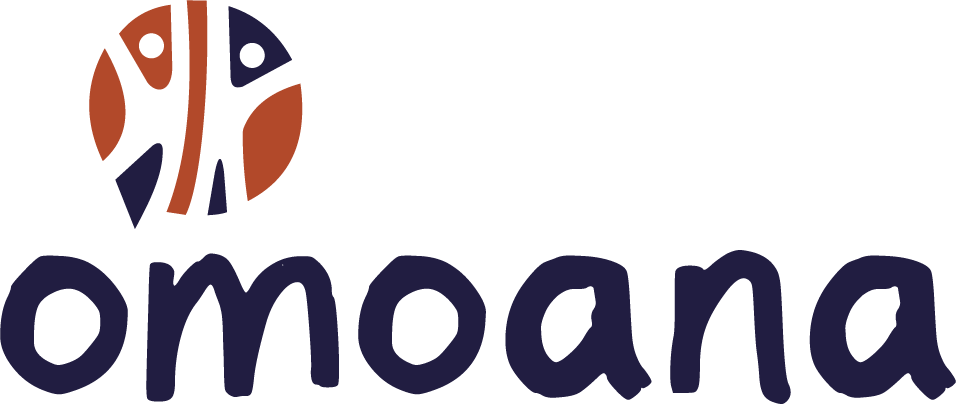With the support of the Fédération Genevoise de Coopération (FGC), Omoana and Eirene Suisse set up a workshop to share different practices for people traumatised by war in the Democratic Republic of Congo (DRC), Rwanda and Uganda. Read the story.
The regional partners of Eirene Switzerland and Omoana met for 6 days in the town of Huye, around a hundred kilometres south of the Rwandan capital Kigali. Some of the 25 participants came from Uganda (Handle, ACOT and Vivo, Omoana), others were almost at home (the Rwandan associations Réseau des femmes, Umuseke and Association Modeste et Innocent), while the representatives of Pole Insitute came from the Democratic Republic of Congo. Omoana coordinator Magali Perrin and committee member Sophie Grangier were also present.
Taï Chi and meditation
The ambition of this workshop was big: to bring together organisations from different countries to share their working methods, even though the participants do not speak the same language. Nonetheless, these organisations share a common objective, each working in their own region and in their own way to support traumatised people. Ugandan NGOs use psychology to help people affected by the country’s conflicts to rebuild their lives. Rwandan NGOs use social therapy to help reconcile communities that collapsed during the genocide.
Despite language barriers, participants were skilfully encouraged to mix. Exchanges between English-speakers and French-speakers flourished, despite a timid start in which participants were divided into two groups, with the “pro-Molière” and “pro-Shakespeare” groups on one side. After a while, some people spontaneously got together at dawn to organise Tai Chi and meditation sessions. The participants discovered the discussion groups in which genocide survivors and former genocidaires meet to discuss and help each other. This is a relatively common occurrence, particularly in the context of compensation payments to be made by former prisoners to their victims, one of the components of the national reconciliation process.
Future cooperation
The final day of the gathering was devoted to a visit to the social therapy project set up by the Association Modeste et Innocent since 2013 with the support of Eirene. The participants and beneficiaries of the social therapy were divided into small groups to share their life stories. During these discussions, the participants were able to see the extent of the work accomplished by Noëlla, Médiatrice and Gilbert, the AMI facilitators. In one of the groups, two neighbours explained their different experiences during the genocide. One lost part of his family to the other. However, thanks to dialogue and exchange, they now meet regularly in discussion groups, enabling them to move beyond the unspeakable.
The participants were impressed by the work they had done and were keen to apply it at home. This had a particular resonance for one participant from the DRC, who deplored the lack of effort in his country to work towards a process of reconciliation. As is often the case in Rwanda, the visit ended with an impromptu party during which the participants danced to Rwandan rhythms and discovered the region’s culinary specialities.
On the day of departure, the participants spontaneously exchanged their contact details. Following a final exchange “Marketplace” exercise, the participants shared the methods that interested them in the other. A few months after the end of this workshop, there are already collaborations between organisations that wish to send one of their leaders on an immersion visit to the other structure, but also pooling of strengths in order to build more ambitious projects. By bringing together our partners in the Great Lakes region, with the financial support of the Fédération Genevoise de Coopération, we are strengthening the work carried out by these organisations and facilitating the dissemination of effective local practices.
Bastien Morard
Great Lakes Programme Manager
Eirene Suisse


